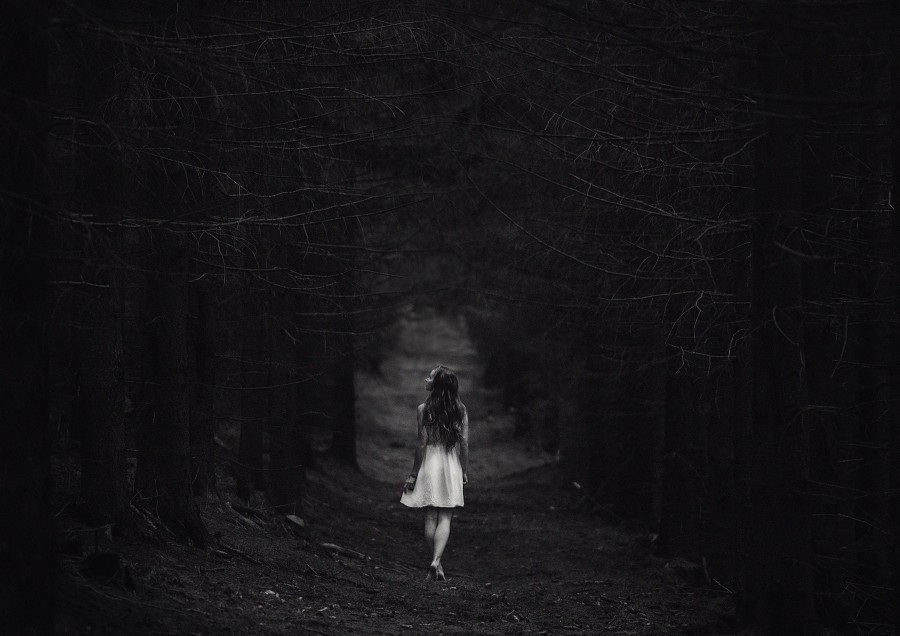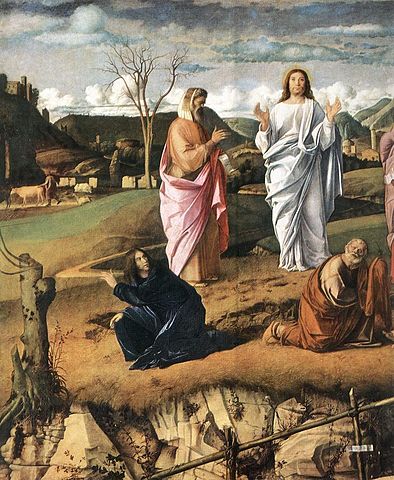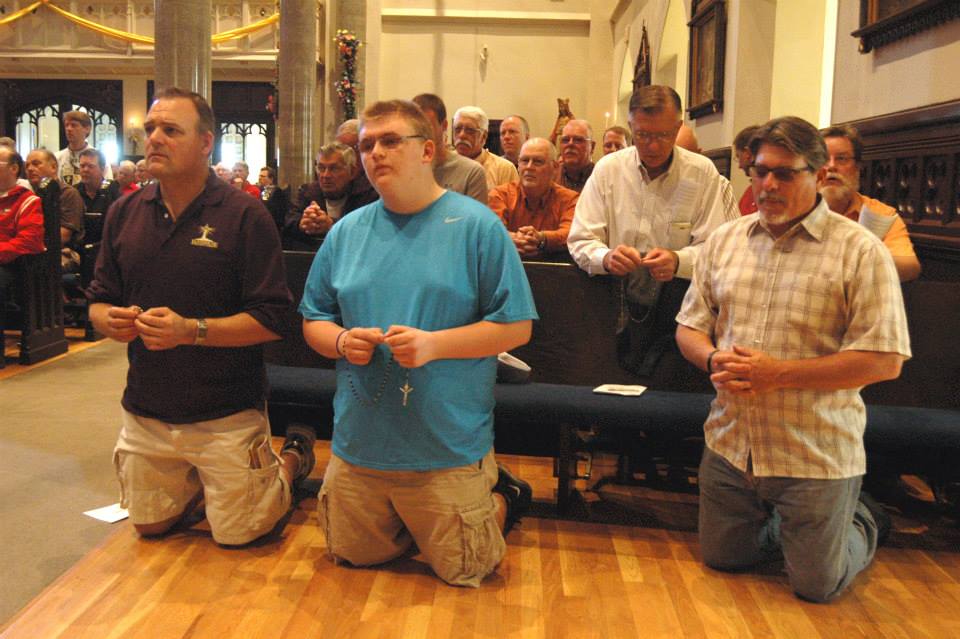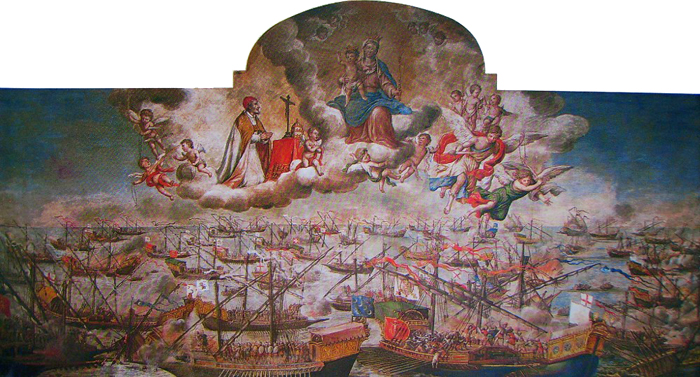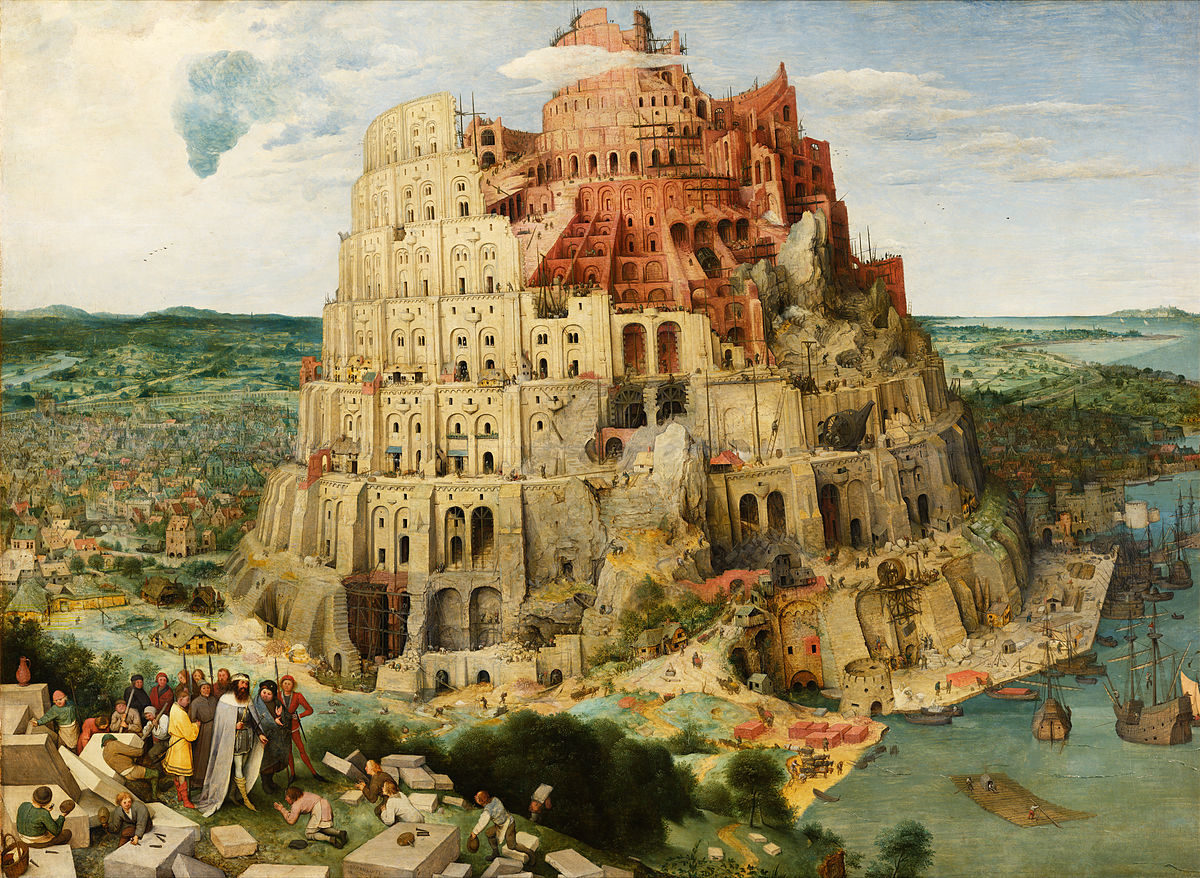Do you often feel like God is taking His sweet time addressing your problems and concerns? Join the club. Looks like growing impatient with God is as old as the Bible itself. Abraham also got tired of waiting for God’s plan to come to fruition and see he tried doing things his own way. And in one of the mysteries of the Rosary, we see Mary and Joseph looking for Jesus in all the wrong places instead of the most obvious one.
This article on DesiringGod.org talks about how God told Abraham that his descendants will be as plentiful as the stars in the sky. But Abraham was already quite old and grew impatient waiting for God to fulfill His promise. Abraham tried things his own way only to find that it was not God’s plan. He was just too impatient to let God’s plan manifest itself. The article goes on to remind us that we do not see things as God sees them and that He has His reasons for letting things progress as they do.
God has not forgotten us. It’s not that our requests are unimportant. He will answer them in his own time (which is also always the best time for us). He sees what we cannot see; he knows the potential dangers and snares he is protecting us from. While we’re waiting, God is with us. He aches with us, cries with us, comforts us. He meets us in our pain and uses all our struggles for our good. One day, we will thank him for everything that he gave us, and denied us, on this earth.
www.desiringgod.org
Nearly every Rosary mystery contains some aspect of waiting, the need to show patience, and putting faith in God’s plan. Look at the Fifth Joyful Mystery of the Rosary — The Finding of Jesus in the Temple. Mary and Joseph looked for Jesus for three days. That’s three days of wandering around a large city asking, “have you seen our son?” I practically have a heart attack when one of my kids is out of my sight for a few seconds at a busy playground. I can’t imagine the sorrow and frustration Mary and Joseph must have felt.
Once Mary and Joseph found Jesus in the temple, Jesus tells them that he was at the temple because it was His Father’s house. I often picture Jesus in this Bible verse as being confused about why his parents would even think of looking somewhere else. Why did they spend all the time searching when the most obvious place would be the temple?

And yet, how often do we overlook the obvious and look elsewhere for answers and solutions to our problems? Like Abraham, we get tired and frustrated waiting for God’s answers and so we look somewhere else for help. That could be a self-help book, a “get rich quick” scheme, or falling back on habits or addictions like food, alcohol, or drugs. We consult our friends on social media and look to politicians to “save us” from whatever challenges we face. And all that time, God is right there in the Church which we often ignore. Ironically, we have the patience to try 100 wrong solutions but not the patience to earnestly wait for God’s divine plan to manifest itself.
When we pray the Fifth Joyful Mystery, think about all the time either you or people you know spend searching in sorrow. If they seem to be looking in all the wrong places, pray for them that they may turn towards God through His “house,” the Catholic Church. And pray for those who maybe aren’t ready to hear God’s truth as it may seem too harsh. There is a whole generation of “Nones” that are wandering in sorrow because they don’t want to accept the realities of God’s truth or His plan that leads to eternal joy in Heaven.
As a software engineer, I can spend hours and even days tracking down a bug in a piece of code. I run all sorts of test cases, profilers, and debuggers. I send emails and texts asking questions and receiving information all in an attempt to fix the bug. Often, the hours spent debugging result in a one-line code change. And once I find the solution I marvel about how obvious it was and wonder why I didn’t come up with it faster.

And so it is with our faith. When we look back on our lives, many of us will wonder why we spent so much time and energy finding joy in all the wrong places when it was right there in God’s grace. We will realize that the answer or “secret to life” was revealed to us every Sunday at Mass. Or God whispered it to us whenever we prayed to Him. Why did we not have the faith and patience to let the true plan, God’s plan, play out? Don’t look back at your life regretting the 100 “short cuts” to happiness that just got you lost. Start or continue on the true path, God’s path, so you won’t have regrets. You will have to be patient, but it will be worth it in the end.

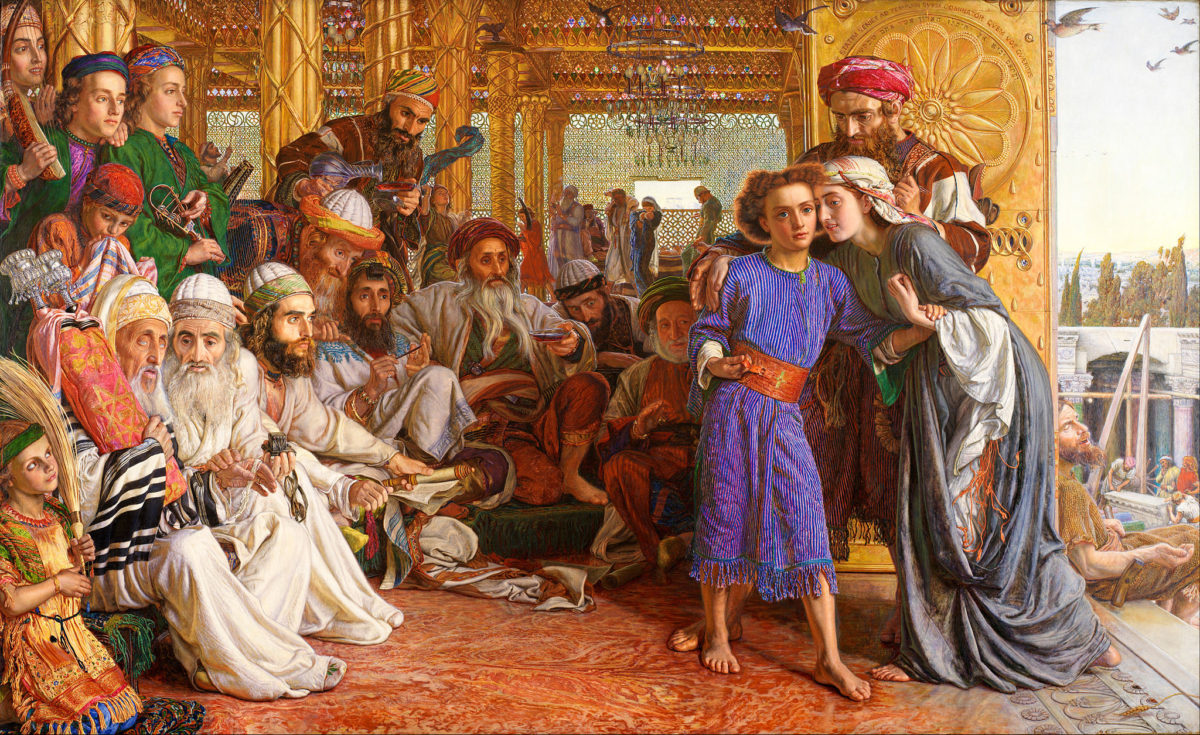


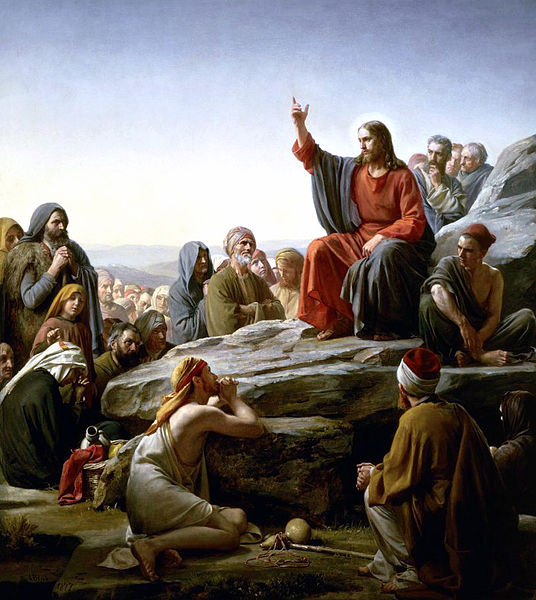



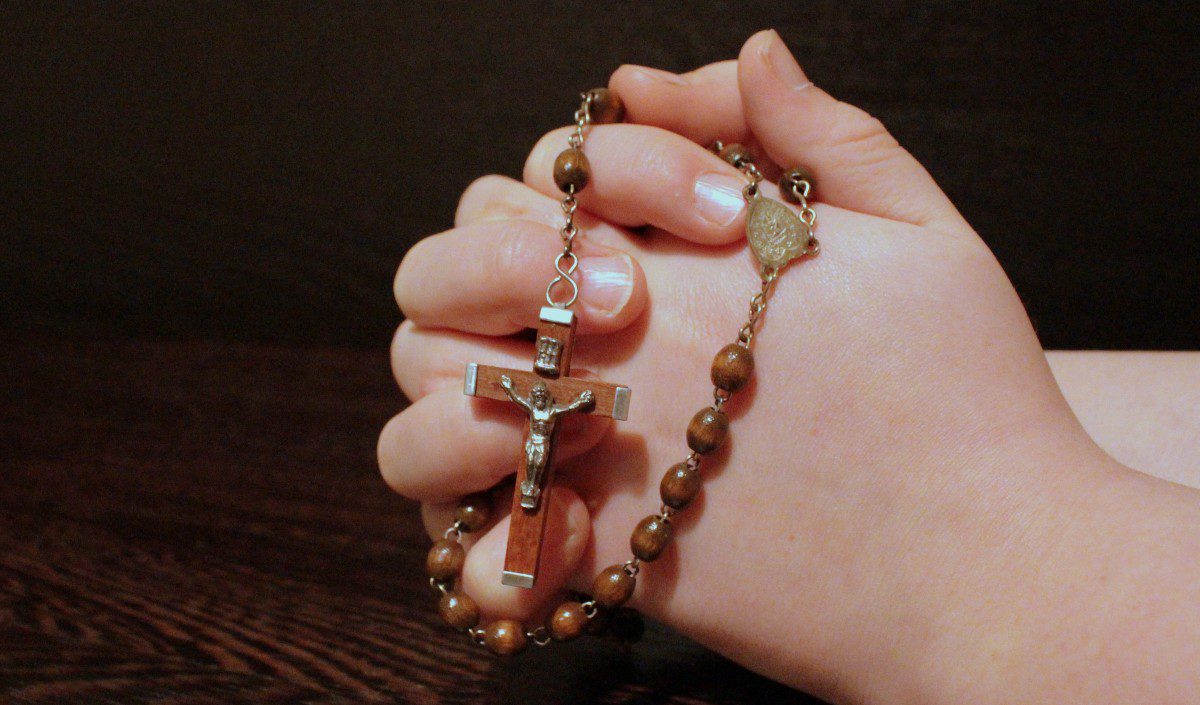
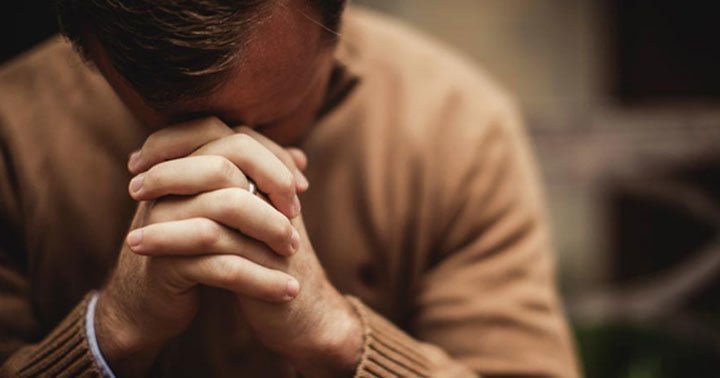
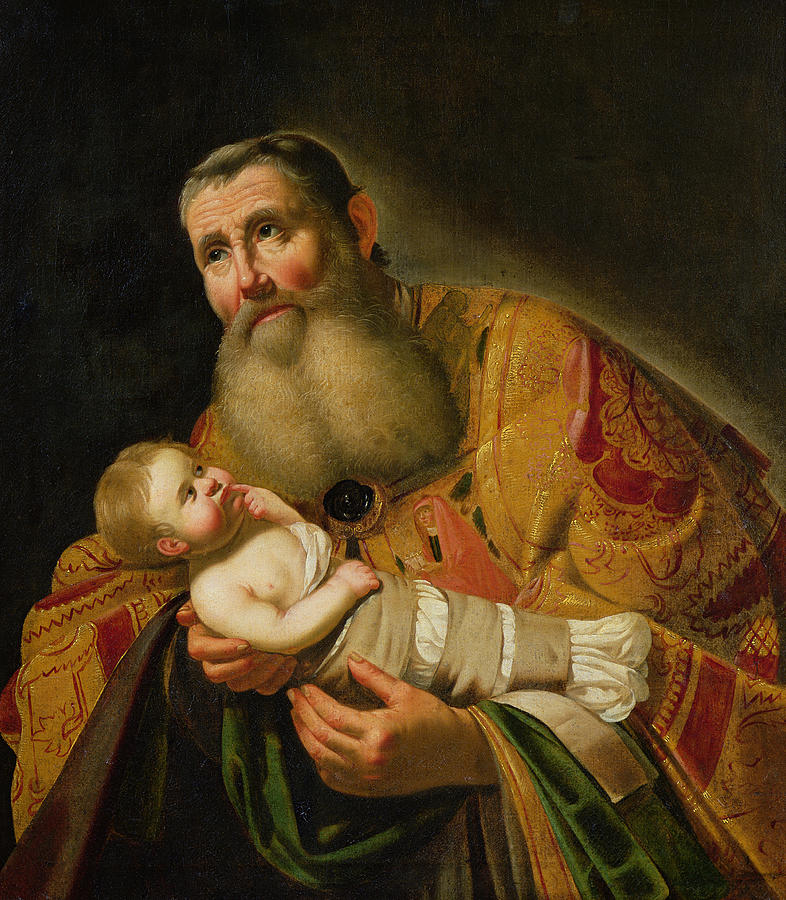



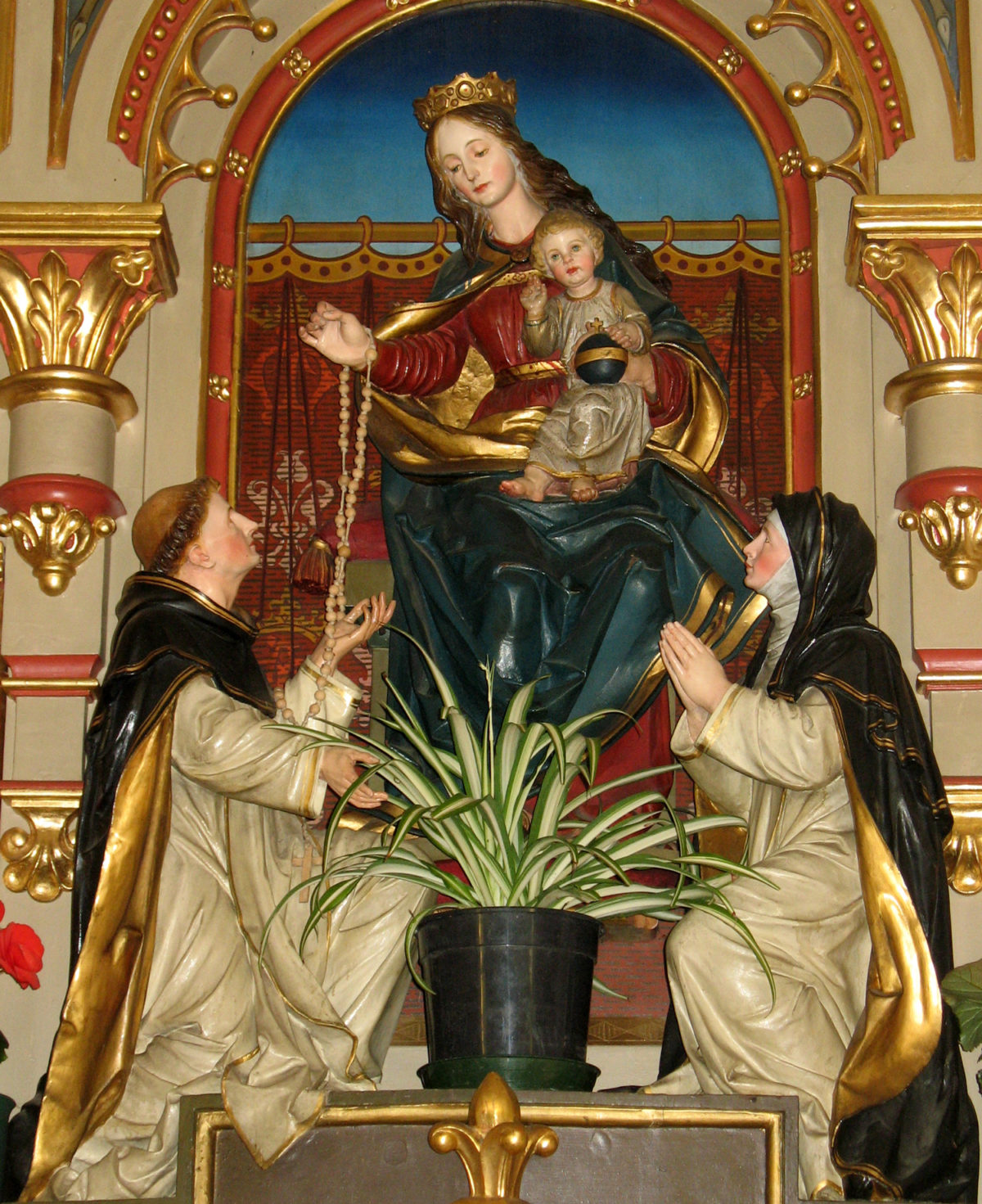

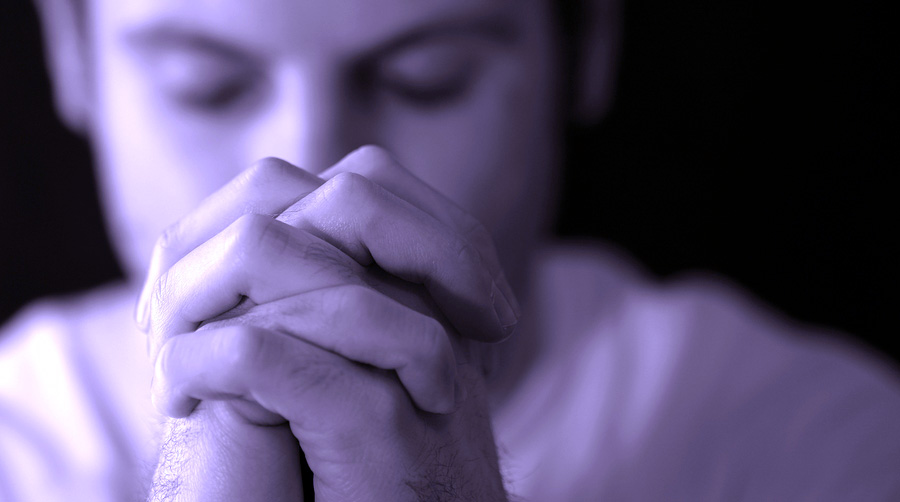
 Lastly, I recently finished reading a
Lastly, I recently finished reading a 